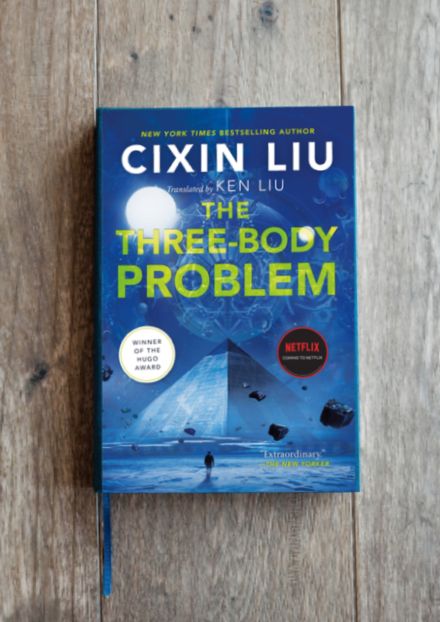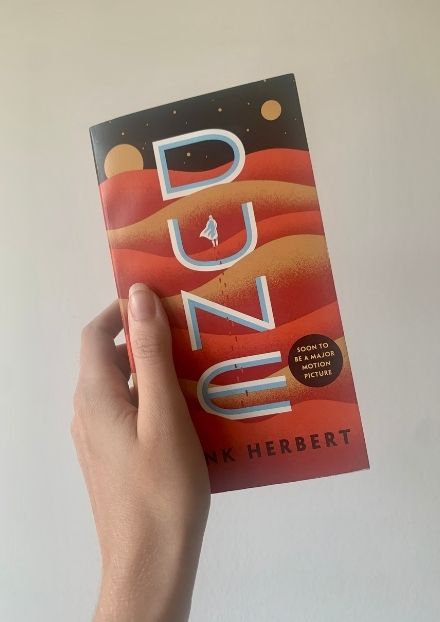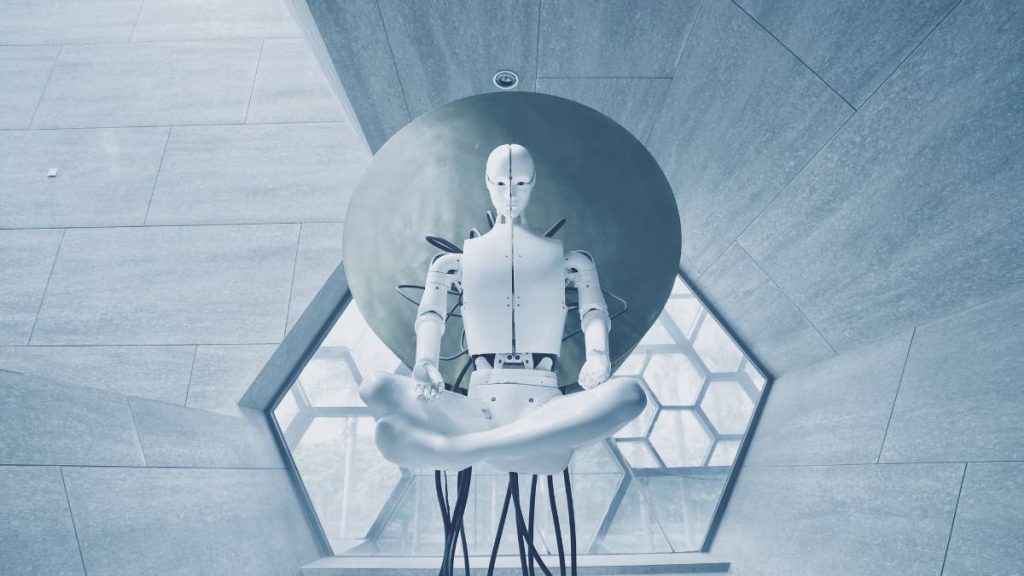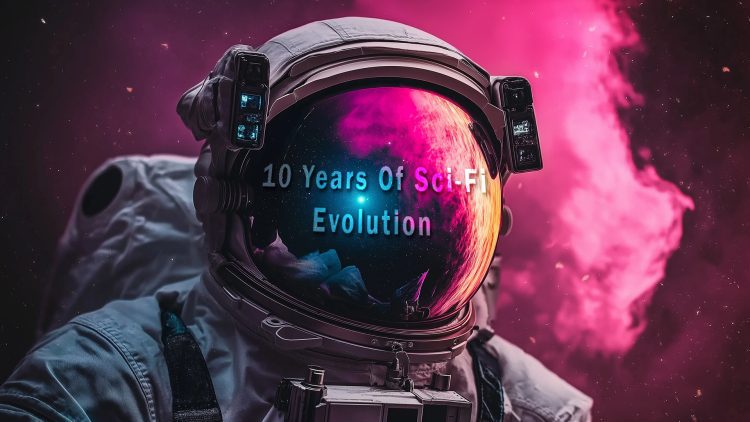Since the emblematic release of Star Wars in the 1970s, everyone has been familiar with the science fiction genre on some level. But some of its, perhaps deserved, popular reputation as a literary genre has been of over-complicated backdrops, unrealistic protagonists, and inaccessibility for less traditional authors to participate.
But in the last ten years, changes in the world of publishing, technology, and elsewhere have allowed this genre to grow and change in ways that many wouldn’t have expected…
Diversity of Authors

Science fiction has long held the image that it’s a genre made up of linear stories and dominated by white men. But it’s in the last 10 years that some meaningful change has come about regarding who is able to break into this genre, and that has not just allowed for diversity of authors, but of the styles of story which are being written as well.
When writers from different backgrounds are more welcomed, the nature of the genre begins to become more multifaceted. Female writers and writers of color are leading the charge of melding scientific topics with niche cultural perspectives and expanding our idea of what science fiction is allowed to be in this day and age.
N.K. Jemisin is a black female American writer who has trailblazed with her science fiction and fantasy works. She is the first author to win three consecutive Hugo awards for Best Novel. Yoon Ha Lee is a Korean American author whose highly successful Machineries of Empire series uses mathematics and complex political structures to explore ethics and cultural identity.
Nnedi Okorafor is a Nigerian-American author whose foray into the writing world sees her integrating elements of her lifelong experience visiting Nigeria with science fiction to create Africanfuturism, a modern fusion of traditional African mythology with futuristic technology.
RelatedThe Sci-Fi Book That Took 51 Years To Be Published
Even beyond these examples, there is a more general push within the genre at large for celebrated and popular writers to do their research and pull from more interesting pools to build their stories. Writing from the perspective of gay characters or characters from a different culture has become more accepted, which is helping the science fiction genre shed its reputation of being stale or out of touch.
Story Makeup Changes

Through this change, sci-fi literature from the last decade has shifted in not only its character makeup but the building blocks of its stories.
Critics of the genre have long pointed out its unchanging tendency to feature a young male Chosen One. He alone has the power to defeat the antagonist, for reasons which are justified in-world, but seem gratuitous to those who have read this repeatedly.
RelatedFans Of Silo Rejoice: The Author Is Releasing 3 More Silo Books!
In contrast, newer sci-fi has begun to explore the appeal and freedom that diverse ensemble casts can offer, exploring the concept that perhaps it is more interesting to see complex characters work together to defeat the big bad through ways that are more relatable to the reader on an emotional level.
Although the popular release of the Dune film adaptations has proven that there is still deep love for the quintessential traditional sci-fi story, publications such as The Expanse series have shown that sometimes it’s more engaging to focus on protecting a home worth saving, rather than shooting across the galaxy to better worlds unknown.
Enjoying this article?
Subscribe to our weekly newsletterRelationship With Technology

For some, the last decade has felt somewhat like a science fiction story in and of itself, as we have watched our relationship with technology evolve extensively and in unexpected ways.
Social media has grown in its scope and its power to affect the “real world”, with movements such as #metoo showing many for the first time that social media is not simply an online phenomenon disconnected from traditional society. It is now far easier for authors to have a tangible connection with their audiences through platforms such as Twitter/X or Instagram, starting movements and conversations that show publishers what the market wants to read.
Of course, the rise of never-before-seen technologies such as the creations of Boston Dynamics, cryptocurrencies, and generative AI have provided new ways for the layman to connect with the experience of science fiction. Many of the big topics shown on the news, climate change, social media addiction, and new medical technologies directly mirror many of the classic setups and big questions that science fiction has been asking since its inception. These questions are now more relevant in people’s everyday lives than ever before:
What is the moral balance between personal privacy and the greater good?
How much control should automation have over the running of our society?
How do we integrate and accept new technologies in a way that benefits people more than it harms them?
RelatedWhy The Wild Robot Is the Perfect Blend of Sci-Fi and Heartfelt Storytelling
Science fiction has always had a focus on authoritarian and broken systems, but, perhaps in part thanks to the YA futuristic dystopia boom of the 2010s, it is clear that the appetite for stories that explore these settings is more voracious than ever.
Go Forth And Explore

Overall, the core components of science fiction that endear us to the genre will never be completely obsolete. However, how publishing houses have embraced new takes on this classic concept in the last ten years offers an exciting evolution for older and newer fans of the genre alike. So go forth and explore new worlds and perspectives never seen before!














